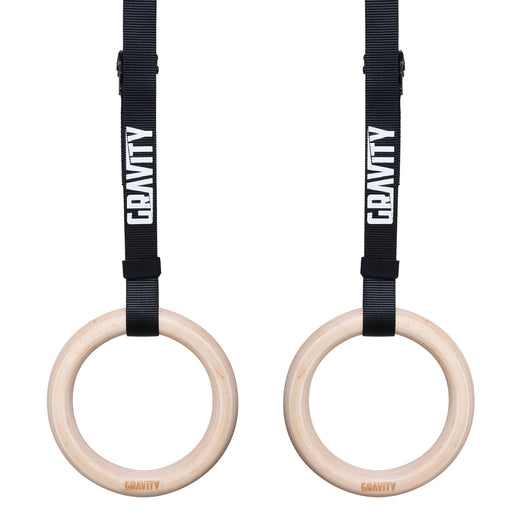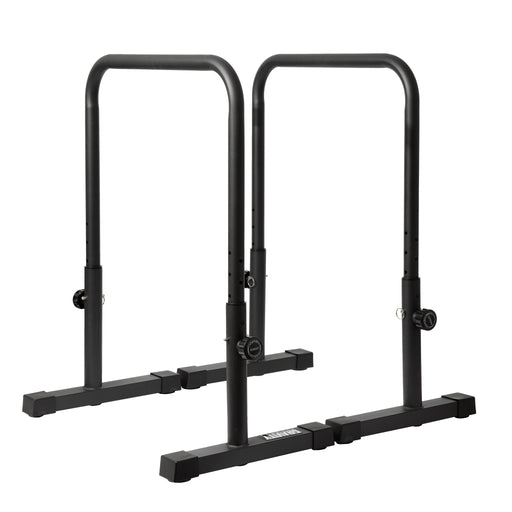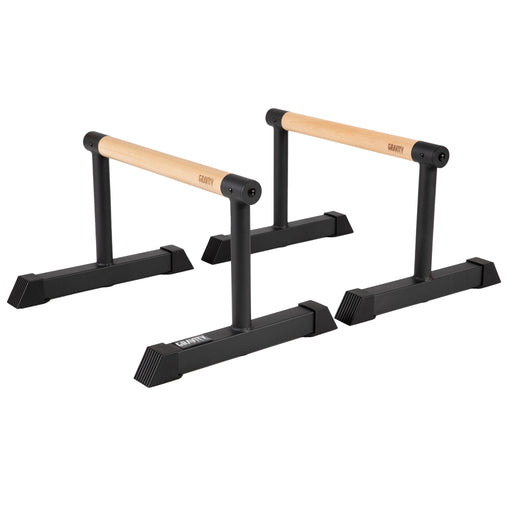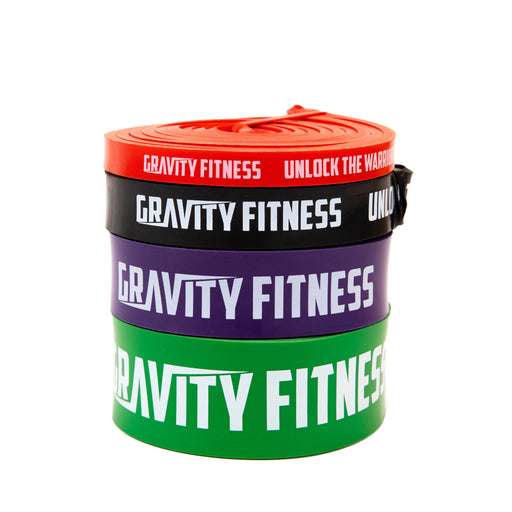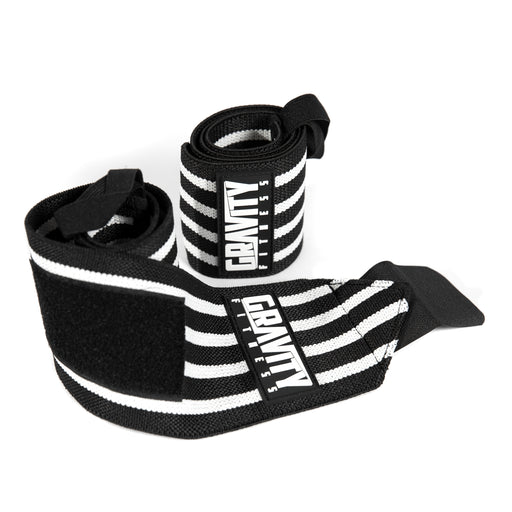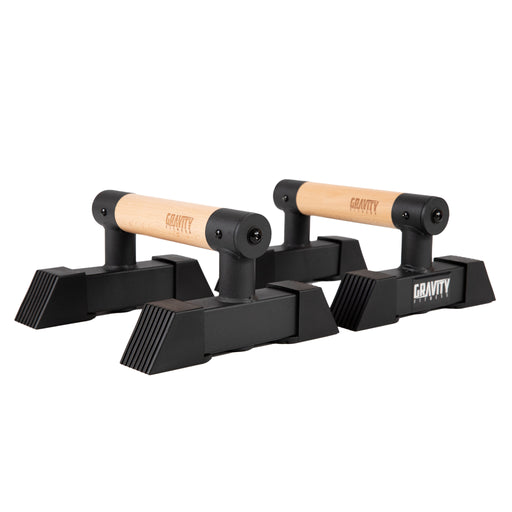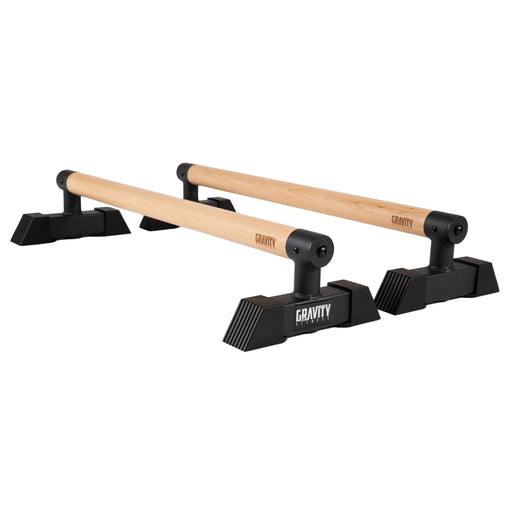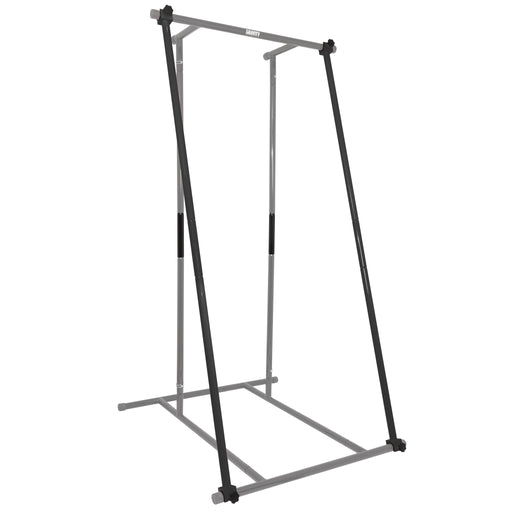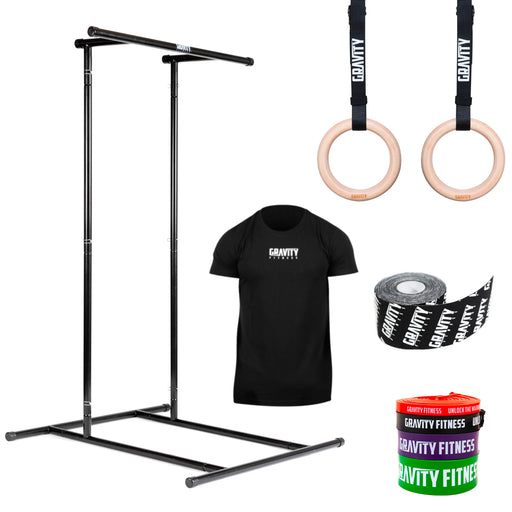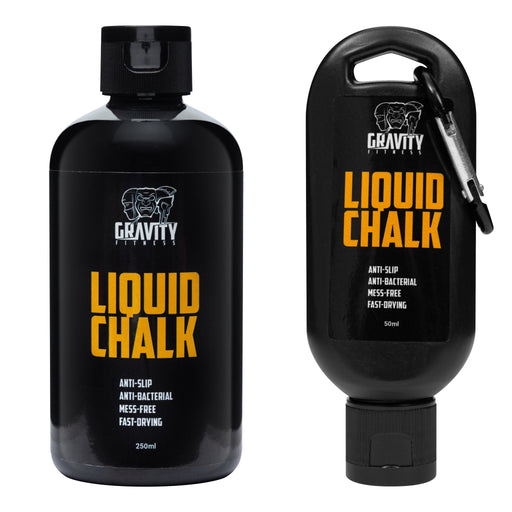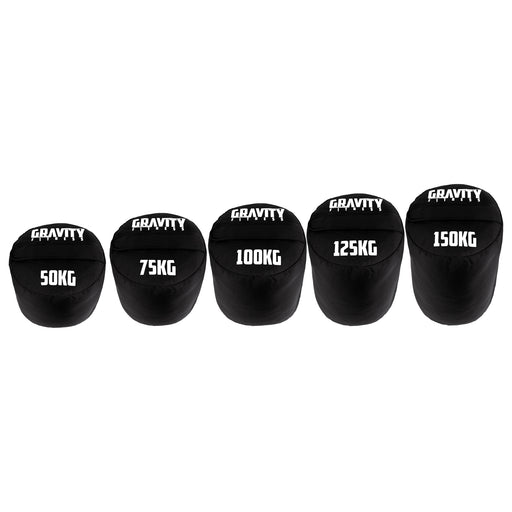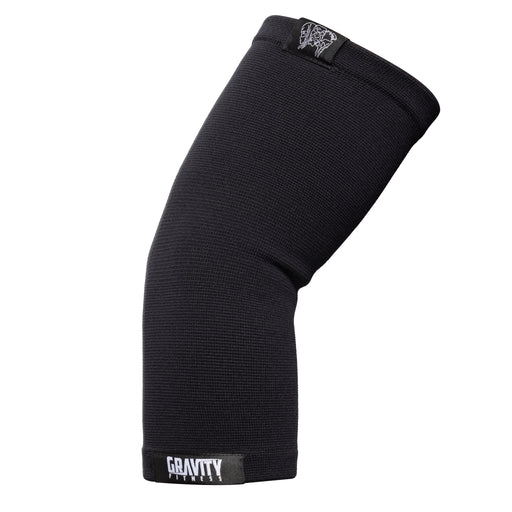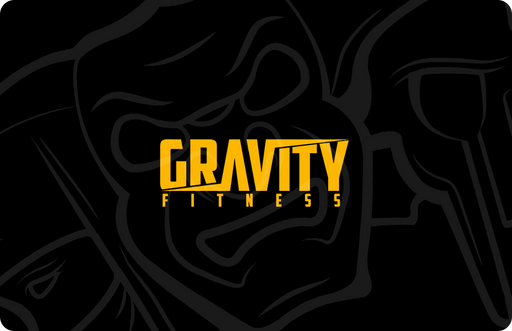Nature’s 5 most science-backed medicinal herbs
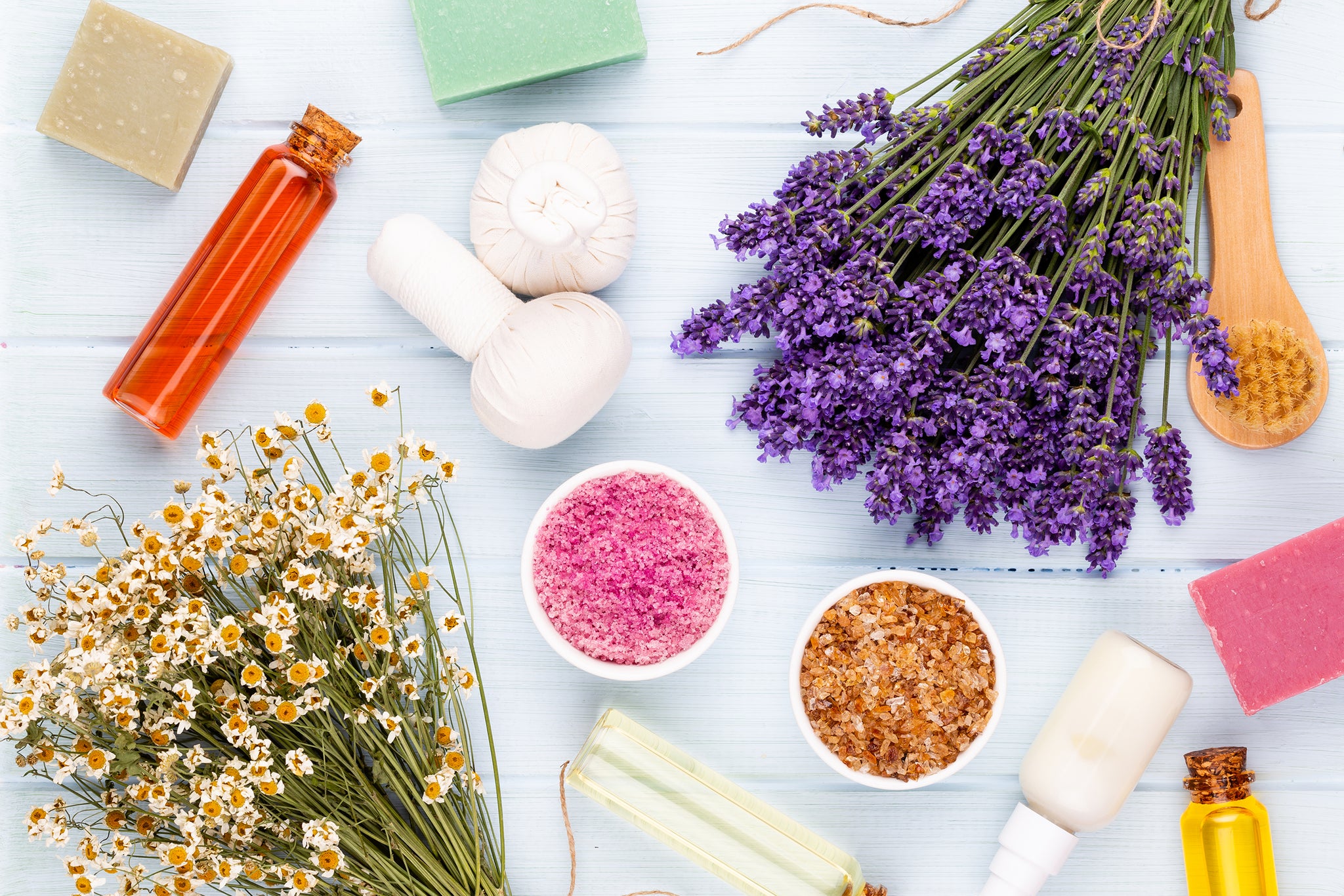
Nature’s 5 most science-backed medicinal herbs
How to get the medicinal benefits of nature’s most healthy plants for energy, recovery, and healing
Plants and herbs have always had a place in home health treatments, but are they a legit way to support recovery and look after your health? Or do plants and herbs belong to the realms of ancient wisdom?
What are nature’s most powerful herbs?
We already know that plenty of popular drugs originate from plants – aspirin being a great example. The main ingredient in aspirin is salicin which is in myrtle and willow plants. Let’s take a look at the plants and herbs that have scientific backing and can be used in everyday life for health, energy, sleep, healing, and recovery from DOMS.
How can herbs, plants and oils help with daily health?
Medicinal herbs and plants are sold as powders, oils, teas, creams and various other preparations. Some are marketed with outlandish claims of cure-all benefits. In a few cases, herbs and plant extracts can have side-effects and risks, the same as any medicine. And many natural remedies have measurable benefits for energy, mood, healing, or physical health. These are 5 of the best.
5 medicinal herbs and plants backed by research
Gingko biloba
The leaves of the gingko tree are widely used in Chinese medicine, and can now be found in various health and sports supplement products. Gingko is usually added to energy or sports performance supplements due to its ability to boost cognitive health, and even impact anxiety. Studies – including this 2013 systematic review and meta-analysis – show that gingko has demonstrated antioxidant and vasoactive properties, as well as clinical benefits to conditions including peripheral nerve damage and cognitive health. (1) Just be aware that gingko in supplement form can interact with blood thinners.
Turmeric
Best known as a food ingredient, turmeric is also used as a powerful anti-inflammatory plant supplement. It’s easy to take, either as a paste, in food, or as a tea. But does this ancient Ayurvedic actually work? The active compound in turmeric is called curcumin, and this scientific review from 2017 says curcumin can help in the management of inflammatory conditions, metabolic syndrome, arthritic, anxiety – and muscle soreness after exercise. (2) All studies note that turmeric is best taken with black pepper, as the bioperine boosts the bioavailability of the curcumin.
Echinacea
The echinacea flower has been used as a medicine since native American times, and we now use echinacea teas and other preparations as a booster treatment for the common cold. Scientific evidence is patchy, but this 2003 review concluded that “there is a great deal of moderately good-quality scientific data, (but) effectiveness in treating illness or enhancing human health has not yet been proven”. (3) One to try if you want an extra weapon against mild colds, but don’t rely on it!
Chamomile
Popular as a tea, the chamomile plant is said to have calming properties which could be useful if you suffer with anxiety or insomnia. A randomised and placebo-controlled study in 2009 was the first to study chamomile for its impact on generalised anxiety disorder (GAD). (4) It found a positive outcome across the study when compared to the placebo. The optimal way to use chamomile is as capsules, as the tea version can be too weak to make an impact.
Lavender
Everyone recognises the smell of lavender, but is it any good as a medicinal herb? Lavender is best known for its benefits to sleep, relaxation, and mood. This study shows beyond doubt that lavender directly impacts the nervous system, improves mood, boosts cognitive performance, and can act as a mild sedative. (5) Definitely a good one to keep in your pre or post event toolbox to help you recover between training sessions. More recently, lavender has been found to have analgesic and anti-inflammatory benefits too, but remember to dilute it in a carrier oil before you apply it to skin. (6)
Herbal medicine for sports performance
Interested in learning more about herbs, plants, and oils that could support sports performance and recovery? Take a look at this 2018 review paper published in the Journal of the International Society of Sports Nutrition – it lists everything we’ve covered here, plus a vast list of other medicinal plants including caffeine, guarana, green tea, mate, and other alkaloids, as well as ginger, tribulus, rhodiola rosea, cordyceps, cayenne, arnica, and white willow. (7)
1 https://www.ncbi.nlm.nih.gov/pmc/articles/PMC3679686/
2 https://www.ncbi.nlm.nih.gov/pmc/articles/PMC5664031/
3 https://pubmed.ncbi.nlm.nih.gov/12622467/
4 https://www.ncbi.nlm.nih.gov/pmc/articles/PMC3600416/
5 https://pubmed.ncbi.nlm.nih.gov/12690999/
6 https://pubmed.ncbi.nlm.nih.gov/26247152/
7 https://jissn.biomedcentral.com/articles/10.1186/s12970-018-0218-y

















